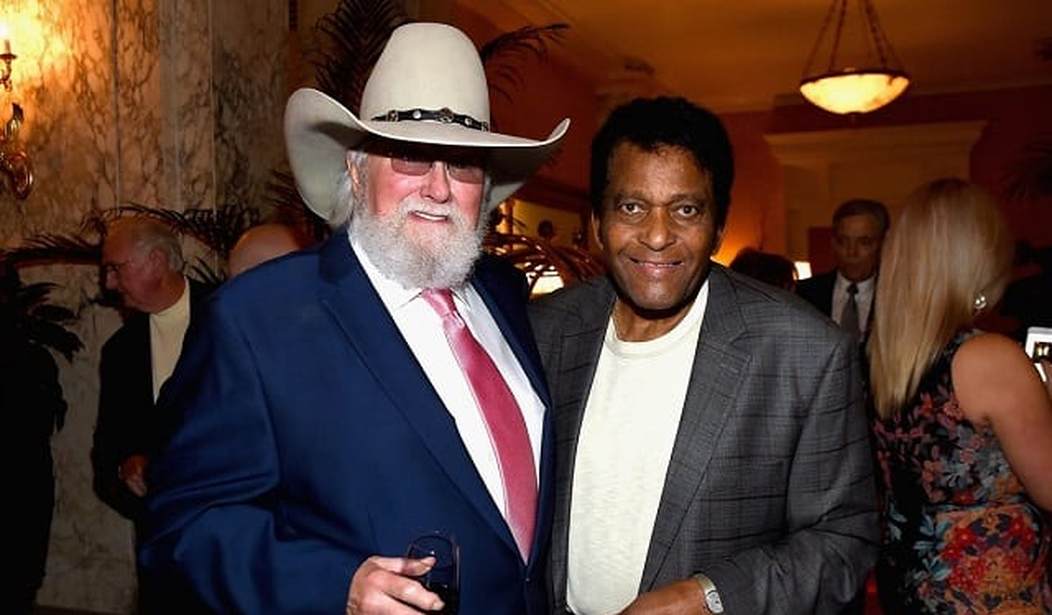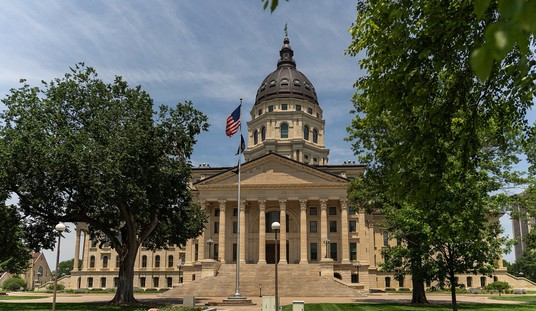Another cultural icon and trailblazer has left this plane. Country Music Superstar and Legend Charley Pride has died from complications of Covid-19. He was 86.
From his website:
“Charley Pride, whose rich baritone voice and impeccable song-sense altered American culture, died Saturday, December 12, 2020, in Dallas, Texas of complications from Covid-19 at age 86.”
Pride’s family issued a statement on Facebook upon his death. It is a beautiful tribute to the legacy of family that Pride left behind:
“No person of color had ever done what he was doing.” Hootie and the Blowfish alum and country star in his own right Darius Rucker said in the PBS American Masters documentary, Charley Pride: I’m Just Me.
My heart is so heavy. Charley Pride was an icon a legend and any other word u wanna use for his greatness. He destroyed Barriers and did things that no one had ever done. But today I’m thinking of my friend. Heaven just got one of the finest people I know. I miss and love u CP!
— Darius Rucker (@dariusrucker) December 13, 2020
Charley Pride was born in Sledge, Mississippi on March 18, 1934 to sharecroppers. His father played Country music on the radio as they picked cotton, and Pride developed a love and affinity for the style. He picked up his first guitar at the age of 14, but saw baseball as his way out of the cotton fields. Pride played in the Negro Leagues for the Memphis Red Sox and Birmingham Black Barons. During his baseball career, he met the love of his life Rosine, and they were married until his death. In 1956 he won 14 games, and made the All-Star Team where he went up against major league legends Willie Mays, Hank Aaron and Ernie Banks.
I’m so heartbroken that one of my dearest and oldest friends, Charley Pride, has passed away. It’s even worse to know that he passed away from COVID-19. What a horrible, horrible virus. Charley, we will always love you. (1/2)
— Dolly Parton (@DollyParton) December 12, 2020
Pride was drafted into the Army in 1956, serving 14 months at Fort Carson, Colorado where he was a quarter master. Pride still played baseball on a military league, and entertained the troops with his music. He was never deployed.
After completing his tour of duty, Pride continued to chase his baseball dreams all the way to Missoula, Montana, playing for the Missoula Timberjacks. Montana had a small Black population, but it was still far from the segregated South. He was cut from the team after 4 games.
He was also a two-time Negro Leagues all-star as a pitcher in the 50s and used to make money singing at the parks he played in, too.
His life is nothing short of remarkable. RIP to an American legend. https://t.co/5S7p0ofwVy
— yerboy yuletide yeehaw (@clintonyates) December 12, 2020
Pride went to work at a smelting plant and played on a local baseball team, while also playing music at local bars. His landlady heard him sing, and thought he was talented. She got him his first gig at a Helena, MT night club where he made $40.00 a gig. He graduated to an Anaconda, MT (80 miles away) where the bar owner doubled his pay to $80.00. Country music star Merle Haggard had a concert in Montana, and Charley Pride was his opening act.
In 1962, a local Montana DJ named Tiny Stokes had Pride audition for Country music hitmakers Red Foley and Red Sovine. They were impressed by his talent and Pride received the honor of playing on stage alongside them. Pride asked Foley and Sovine to spread the word about his talent when they returned to the South.
In 1963, Pride decided to give his baseball career one last shot, and went, uninvited to a tryout in Clearwater, Florida with the New York Mets. He washed out, and decided to get a bus ticket back to Montana with one stop in Nashville, Tennessee. He wanted to see if Foley and Sovine had made good on their endorsement. He knocked on the door to Wood Publishing Company on Nashville’s famous Music Row, and ran into Webb Pierce. This happenstance meeting garnered Pride a demo session and a meet with legendary manager Jack Johnson. Johnson hooked him up with producer “Cowboy” Jack Clement, and Clement took Pride under his wing. Chet Atkins was the one to sign Pride to RCA Records, effectively engineering the integration of Country Music. Atkins and others made the choice to not put Pride’s picture on the album, which got a ton of airplay. When the music tours began, that was the first time any of the fans realized that Pride was Black. By that point, it did not matter—they had a star in the making.
This would be the formula in introducing Pride to audiences. Instead of his race being the focal point, his music was placed in the forefront. His being Black was an afterthought.
“If I can get in front of ‘em, they don’t care nothing about no pigmentation”, Pride shared in his American Masters documentary.
Pride’s early advice from his parents served him well. While they worked the cotton fields, he would compete with his father to pick more, but his father always had the greater weight. When young Pride was surprised at this, he told his son, “There’s an art to everything.”
Pride’s mother Tessie instilled this in her son:
“Don’t go around with a chip on your shoulder. There’s good people everywhere. You’ve got a lot that you have to do, and you can’t do it carrying a load of resentment with you.”
These words of advice would be instrumental in helping pride navigate and integrate County Music during the Civil Rights era and garnering his place in the annals of history.
On January 1, 1967, he was the second Black performer to appear on the Grand Ole Opry stage. DeFord Bailey was a star of the Grand Ole Opry from 1927 through 1941. But during the time of Civil Rights unrest, Pride’s appearance was a powerful statement and blazed a new trail for Black artists of any genre. Pride went on to appear on the popular Lawrence Welk Show.
While on tour in 1969, he was having trouble with paranoia and insomnia. He received the surprising diagnosis of bipolar disorder. At first he resisted it, but ultimately accepted it and became an example to others who struggled with the disease.
Over his 50 year career, he had 52 top 10 country hits, sold tens of millions of records worldwide, and recorded 497 songs, such as his signature hit, “Kiss An Angel Good Mornin’,” as well as “Is Anybody Goin’ to San Antone,” and “Mountain of Love.” He won the Country Music Association’s Entertainer of the Year award in 1971, its top male vocalist prize in 1971 and 1972, and a Lifetime Achievement Award in 2020.
“I always wanted to be a good a business man as I was an entertainer,” Pride said in the documentary.
With his manager Jack Johnson, they created Pigem Publishing, recruiting new talent. In 2000, Pride was inducted in to the Country Music Hall of Fame. In 2019, Charley Pride’s career was documented by PBS’s American Masters. Charley Pride: I’m Just Me premiered in February.
Heartbreaking. I truly loved my friend, Charley Pride. The world will never be the same. He was one of the very best things that ever happened to country music. I'm all tears tonight. #charleypride #KissAnAngelGoodMorning #ihatecovid19 pic.twitter.com/5iOdJNbDuv
— Loretta Lynn (@LorettaLynn) December 13, 2020
Pride’s last public appearance was at the CMA Awards at Nashville’s Music City Center on November 11, where he performed his hit, “Kiss An Angel Good Mornin’”. The event was held indoors.
Sadly, Pride’s death caused immediate speculation from a few people questioning the safety of the gathering. Maren Morris, who has since-deleted tweet, wrote,
“I don’t want to jump to conclusions because no family statement has been made, but if this was a result of the CMAs being indoors, we should all be outraged. Rest in power, Charley,” she wrote via Twitter, adding, “F—k this f—kng year.”
Singer Mickey Guyton, who was also at the event, replied to Morris insisting, “We need answers as to how Charley Pride got covid.”
This caused the Country Music Association to issue a statement:
“Everyone affiliated with the CMA Awards followed strict testing protocols outlined by the city health department and unions. Charley was tested prior to traveling to Nashville,” they wrote. “He was tested upon landing in Nashville, and again on show day, with all tests coming back negative. After returning to Texas following the CMA Awards, Charley again tested negative multiple times. All of us in the Country Music community are heartbroken by Charley’s passing. Out of respect for his family during their grieving period, we will not be commenting on this further.”













Join the conversation as a VIP Member